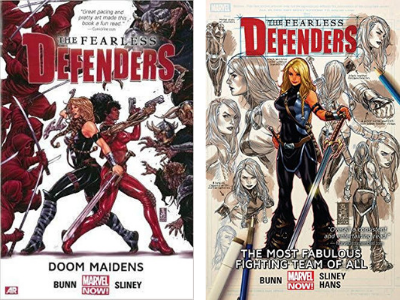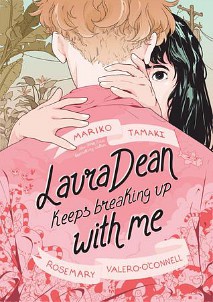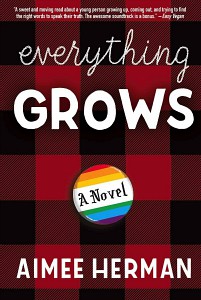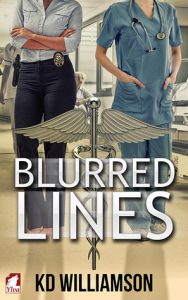One Walk in Winter is a workplace romance set in the fictional mountain town of Evergreen spanning three US winter holidays: Thanksgiving through New Years. There is something about a book set in a place where it snows that really gets me into that cozy winter mindset. Light on the angst and high on the heat, Beers’ latest spin on a timeless trope left me smiling for days.
Hayley Boyd Markham is a New York City girl who has been working out her grief over her mother’s passing by setting the city on fire. After a particularly expensive night out, her father informs her he’s cutting off her credit cards. In order for Hayley to earn her allowance back, she’ll need to go manage one of the Markham family resorts, the slowly declining Evergreen Resort and Spa, through the winter. The problem is, Hayley is an artist like her mother and not very interested in the family business like her father and step brothers.
Olivia Santini has worked as the Assistant Manager of the Evergreen Resort and Spa for seven years; she thinks she’s a shoo-in for the open Manager position, only to be crushed when she doesn’t get the job. More ego bruising, the new Manager doesn’t seem to have any resort management experience, and Olivia isn’t sure where she went wrong. It doesn’t help that she’s finding it really hard to maintain her grudge against Hayley, who, aside from her penchant to be late, is extremely attractive and likeable.
Olivia and Hayley have a picturesque meet cute about 3 hours before finding out Hayley is Olivia’s new boss. After the rocky second meeting, despite their obvious attraction, Hayley and Olivia take it slow, working hard to earn each others favor. Sometimes, two people just need a good push in the right direction, and that is where Angela Santini, Olivia’s mom comes into the picture. Angela is a supportive mom, and she pushes Olivia to give Hayley the benefit of the doubt. It’s just the encouragement she needs to get out of her own way.
The supporting cast and the hidden gems of the town of Evergreen are slowly revealed throughout the story. Beers’ created a town I would love to be able to go visit and friends I wish I could call my own.
Hayley has been ordered by her father to conceal her Markham identity and prove she can help turn the Evergreen around. As Hayley and Olivia become closer, Hayley’s concealed identity is no doubt going to become an issue. I was pleasantly surprised with how Beers resolved their conflict, but will it be too late for Olivia to forgive Hayley? You’ll have to give this one a read (or a listen) to find out.
Speaking of, I listened to this book on audio, and Lori Prince does a wonderful job bringing Hayley and Olivia to life. I can’t wait to listen to other books she’s narrated.

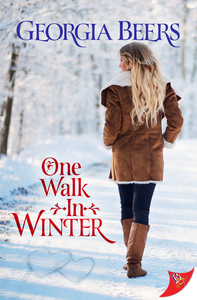
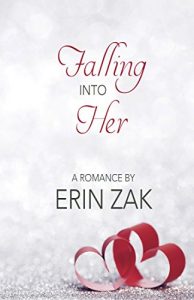
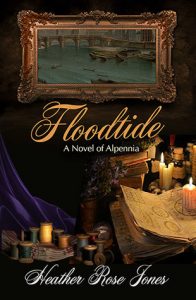
 Heather Rose Jones is the author of the Alpennia historic fantasy series: an alternate-Regency-era Ruritanian adventure revolving around women’s lives woven through with magic, alchemy, and intrigue. Her short fiction has appeared in The Chronicles of the Holy Grail, Sword and Sorceress, Lace and Blade, and at Podcastle.org. Heather blogs about research into lesbian-relevant motifs in history and literature at the
Heather Rose Jones is the author of the Alpennia historic fantasy series: an alternate-Regency-era Ruritanian adventure revolving around women’s lives woven through with magic, alchemy, and intrigue. Her short fiction has appeared in The Chronicles of the Holy Grail, Sword and Sorceress, Lace and Blade, and at Podcastle.org. Heather blogs about research into lesbian-relevant motifs in history and literature at the 
